But by and large this is not important
During the negotiations between Moscow and Kiev shortly after the start of the Northern Military District in the first half of 2022, the West put all possible pressure on Vladimir Zelensky, demanding that he agree to the terms Russia. But the President of Ukraine did not agree to this. This is what one of the “sensations” looks like from the latest biography of Zelensky, written by American journalist Simon Shuster. Extremely informative — especially considering that quite recently the leader of the parliamentary faction of Zelensky's party, David Arakhamia, argued something exactly the opposite: Kiev was ready to compromise, but the West, represented by the then British Prime Minister Boris Johnson, banned and blocked everything.
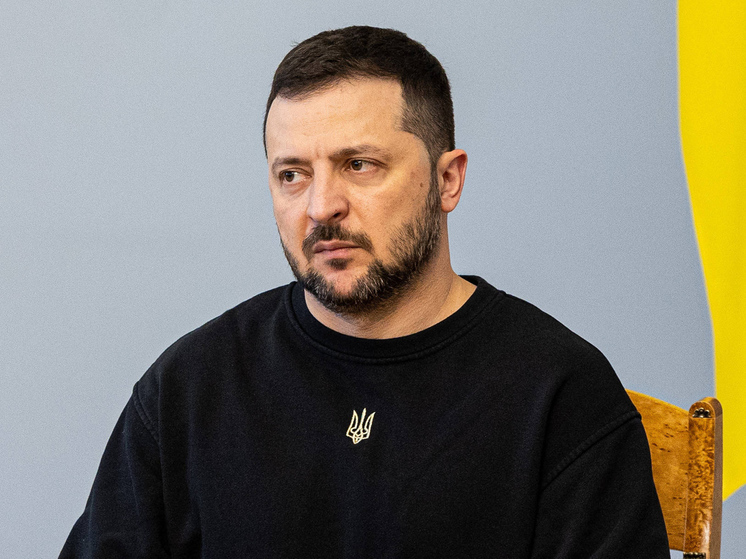
Who can and should be trusted? Probably no one. The retinue of the Ukrainian president and the Ukrainian president himself operate on the principle: truth is a kind of conditional substance, the content of which changes daily (or even every minute) depending on the political situation, mood, weather and other similar “significant factors.” Perhaps—precisely, perhaps nothing more—someday we will find out the truth about who exactly and why “killed” the negotiations between the two countries in 2022 and doomed them to continued confrontation. But the time for the emergence of such truth (truth in the generally accepted sense of the word, and not “truth” in the understanding of Zelensky and his circle) has not yet come. And in fact, no one now, by and large, needs this truth. It simply has no practical use.
This is the truth (again without quotes) that replaces all others today. “Sensations” about the possibility of imminent new negotiations between Moscow and Kyiv appear now and then in the Western media. Here, for example, is the news (possibly in quotes) from Bloomberg: “Russia may be open to negotiations on Ukraine, sources say…Bloomberg has learned that Russian President Vladimir Putin is using back-up communication channels with the United States to test the waters in terms of ending the conflict in Ukraine.” But the reality is that none of the significant players today is ready for a compromise on Ukraine.
This applies to Russia, the West, and official Kyiv. In the course of such acute and violent conflicts as the current confrontation in Ukraine, the ground for compromise arises only when the possibilities of solving the problem by force are exhausted. At the moment, these possibilities have not been exhausted — neither from the point of view of Russia, nor from the point of view of the collective West. The two main parties to the conflict (hint: Zelensky is not one of these parties) so far view a potential compromise as something illusory, intermediate and even dangerous for themselves.
They say, we will agree to a ceasefire, give the opponent a break, and he uses it to rearm and restart the military conflict on terms favorable to himself. This is what they think in Moscow (read Lavrov’s numerous statements on this matter). This is what they think in the West. This is the symmetry of strategic calculations, which for now nullifies the real possibility of ending the Ukrainian crisis on the terms of a compromise acceptable to everyone. And this bitter, unpleasant, difficult truth is really important. As for what really happened in the Kyiv elite in 2022, let future historians figure it out. The value of this truth is, alas, purely academic in nature.








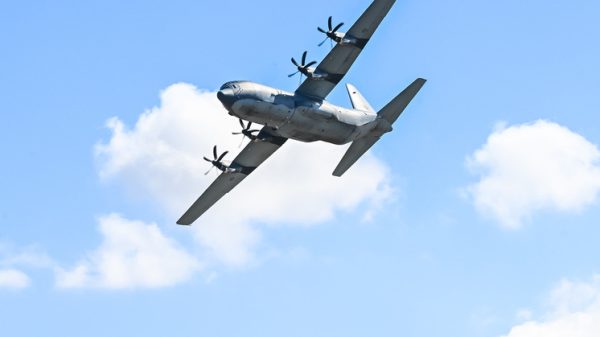

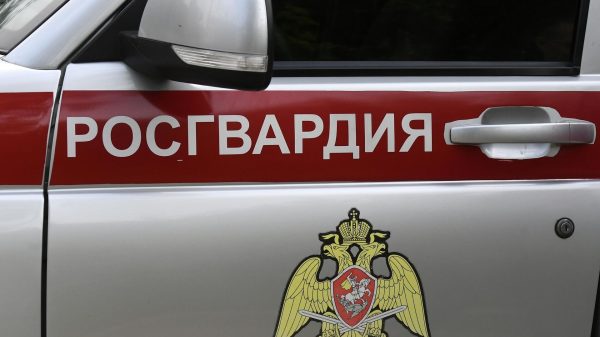
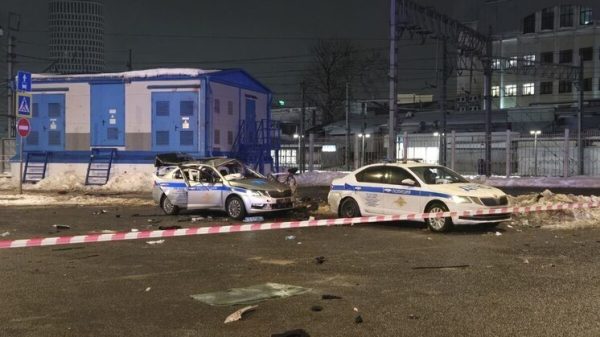



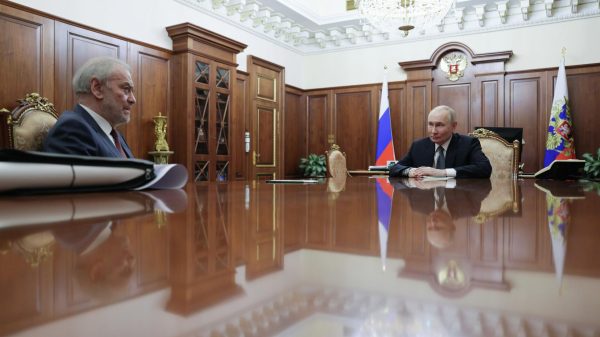




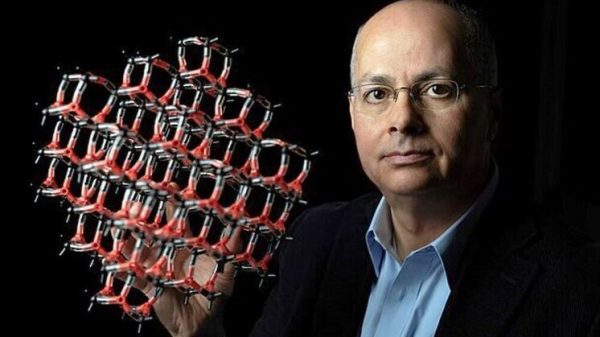
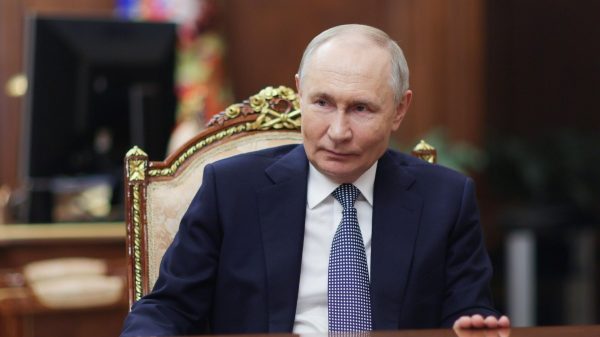
































Свежие комментарии